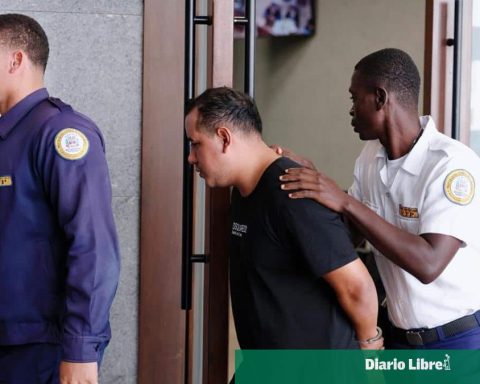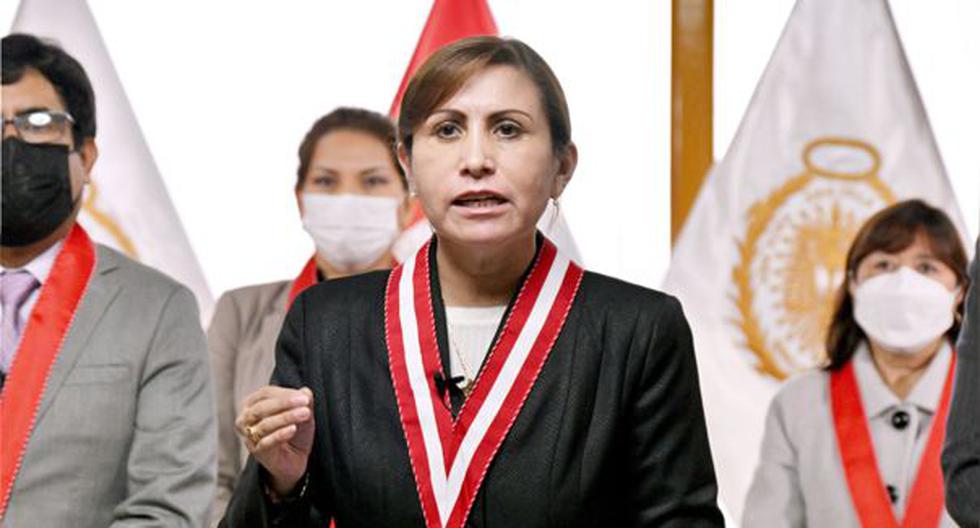As a well-known fact, the pandemic contingency that has arisen in our country and the world is evident in the consciousness of each one of us. Hence, it was necessary to decree with congressional approval the exceptionality, derived from the State of Emergency, as a timely reaction to the potential coronavirus disease and behind it the public service of justice was administered through the use of digital media, whose authorization was disposed by decisive measures of the Council of the Judiciary, knowing that at that time there was a legal vacuum in such matter, despite the fact that the new technology had been influencing almost all human activity.
Due to the digital divide, virtual justice was disruptive, for which reason the Dominican Republic Bar Association (CARD), as a representative voice of the lawyers opposed to such measures, among other plaintiffs, filed a defensive action before the Court Constitutional Court (TC), in search of the well-known public service being imparted again through face-to-face judicialization, especially in the face of cases impregnated with criminal conflict.
With regard to such collective seizure, the TC merged into a single file the eight (8) actions brought before that High Court, whose factual and normative content sought to invalidate a list of legal instruments issued at the headquarters of the Council of the Judicial Power, related to the virtual hearings, the digital signature, the electronic file, teleworking and other measures included in the field of virtual justice.
As a result of such a list of judicial actions brought before said High Court, the Constitutional Court, after determining that the Council of the Judicial Power had arrogated exclusive competences of the Supreme Court of Justice (SCJ) and of the bicameral congress, issued the sentence TC/ 0286/21, dated September fourteen (14), 2021, whose volume yielded the content of 677 pages to then establish the need to validly vote on the legal status of virtual justice.
Although the aforementioned actions ensured the ineffectiveness of several measures from the Council of the Judiciary, the TC left intact everything judged and administered during the validity of the virtual justice propitiated through the application of the legal instruments declared contrary to the Constitution, for the sake of avoid the empire of procedural and material anarchy, but urged both the Supreme Court of Justice and the bicameral congressional system to claim their respective constitutional powers.
Indeed, the Supreme Court of Justice launched its law initiative, after which it submitted to the congressional bicameralism the condign draft of the legislative act, whose content resulted in the approval of the legal status of virtual justice through Law no. 339-22, voted on July 21, 2022. Thus, the technological tools take full effect to govern the digital signature, the electronic judicial file, the repository for receiving documents and virtual hearings, among other instruments of the cyber world .
To Law no. 339-22, on the use of digital media and administrative procedures of the Judiciary, adheres to Resolution 748-2022, issued at the headquarters of the SCJ, whose content creates the foundations for the proper application of the legal statute of justice virtual, which will result in the full benefit of a judicial service provided in a timely manner, since duly authorized lawyers will have free access to the electronic platform 24 hours a day.
From the electronic judicialization applied during the urgent situation of Covid-19, it was learned that virtual hearings obliterate certain guarantees of criminal justice, for which reason the drafters of Law no. 339-22, ruling legal statute on the matter, chose to leave this procedural area in person, unless another pandemic season ensues, implying the adoption of special measures in favor of claiming such a public service.
Despite the opinion of any detractor of virtual justice, it is worth closing by saying that the new technology promotes accessibility to the services provided by the Judiciary, whether through contentious, humorous or simple administrative procedures, for which reason it is necessary to favor the use of digital media throughout the spectrum of the usual third technical and specialized branch of the State.

















